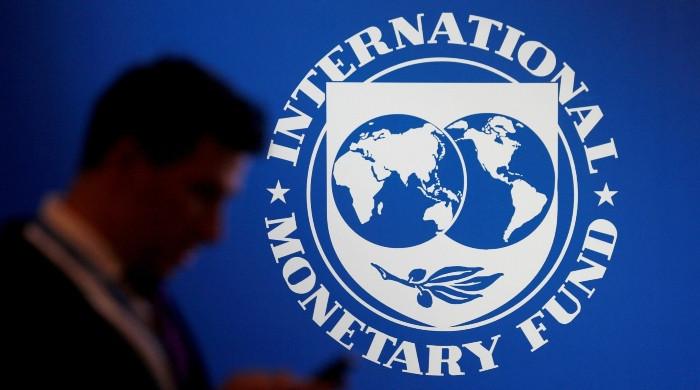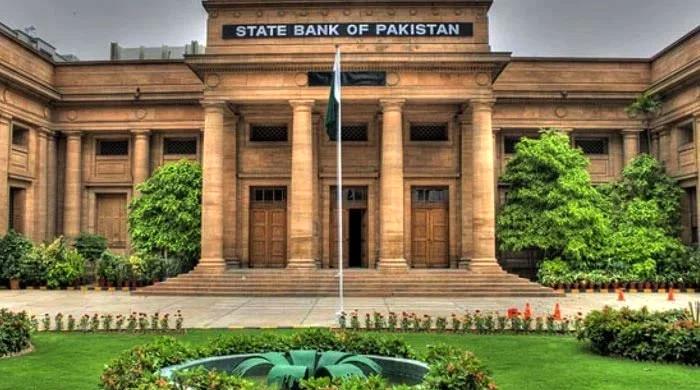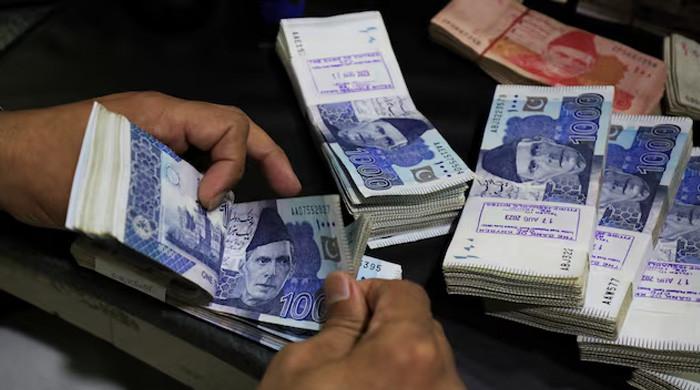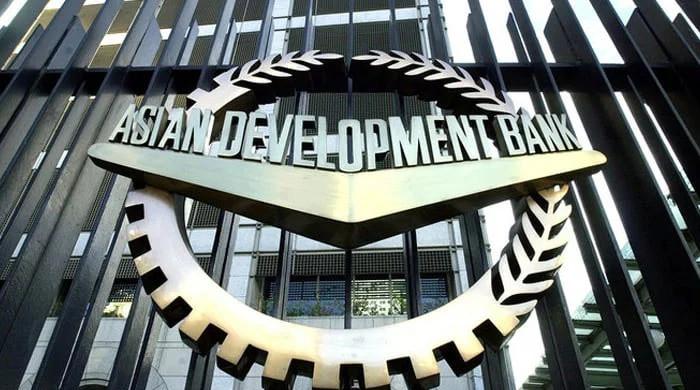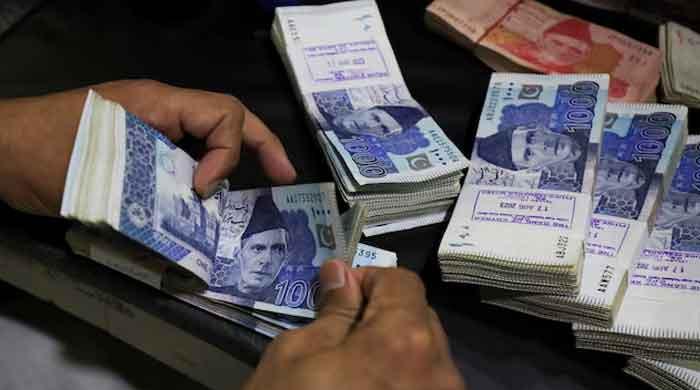Pakistan, Dubai sign over $3bn investment pact for railway, port development
Cooperation covers development of dedicated freight corridor, multi-modal logistics park, freight terminals
January 18, 2024
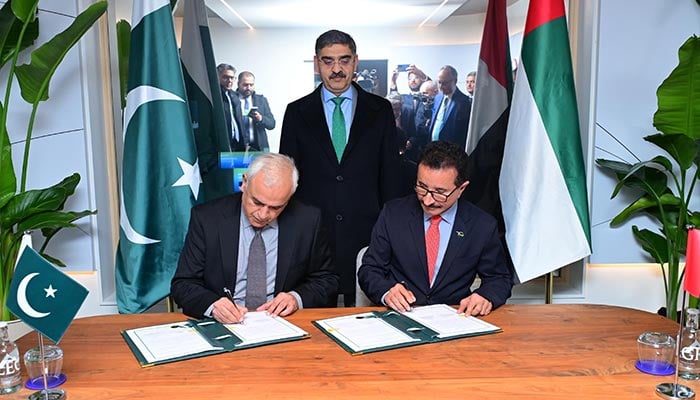
- Cooperation covers development work at Qasim Int'l Terminal.
- Rail freight corridor from Karachi Port to Pipri Marshalling Yard.
- Development of Port Qasim economic zone to attract $3bn FDI.
Pakistan and Dubai have inked a more than $3 billion investment pact in diverse fields including cooperation in railways, economic zones, and infrastructure development.
The agreement was signed on the sidelines of the World Economic Forum in Davos by Minister of Communication, Railways, and Maritime Affairs Shahid Ashraf Tarar and Dubai’s Chairman of Ports, Customs and Free Zone Corporation (PCFC) Sultan Ahmed bin Sulayem.
The cooperation covered the development of a dedicated freight corridor, multi-modal logistics park, and freight terminals, the Ministry of Railways said in an official statement.
The Dubai Port (DP) World will work on infrastructure development at Qasim International Container Terminal which is Pakistan’s leading trade gateway and plans to develop an economic zone near the terminal.
Both governments have signed two inter-governmental framework agreements to strengthen their relations in the marine and logistics sectors, including the potential establishment of a "Dedicated Freight Corridor" and "Economic Zone" near Karachi.
The DP World will act on behalf of the Dubai government, while Pakistan Railways and Port Qasim Authority will act on behalf of the Pakistani government, for the development of the projects.
The rail-based Dedicated Freight Corridor is planned to run from Karachi Port on the Arabian Sea, passing through Pakistan’s most populous city, to the Pipri Marshalling Yard, approximately 50 km away.
This would decongest Karachi besides improving road safety. It will significantly improve efficiency, and transport times and reduce the overall cost of logistics.
Pakistan Railways is the national, state-owned railway company, owning and operating nearly 8,000 route-km of railway across the country, from Peshawar in the northwest to Karachi in the south.
The Qasim International Container Terminal, a second framework agreement was signed with Pakistan’s Ministry of Maritime Affairs to dredge the navigation channel.
The DP World would carry out the capital dredging on behalf of the Dubai government.
This framework agreement will also see the development of an economic zone at Port Qasim, which aims to attract more than $3 billion of foreign direct investment.
The DP World will carry out the development of the economic zone, to maximise economic activity in Pakistan.
Speaking at the signing ceremony, Ashraf said: “The DP World has a long-standing proud presence in Pakistan witnessed by mutually rewarding engagement. Building on the unwavering trust and partnership, the two brotherly countries have decided to further consolidate their economic cooperation through landmark projects."
He added that the signing of investment framework agreements highlights the importance of Pakistan as a gateway to Asia and commercial dividends associated with its strategic location.
Sulayem, meanwhile, said that Pakistan is a growing market and an important trade corridor to Central Asia.
“We are proud to have contributed to its trading ability through our operations at Qasim International Container Terminal and are honored to work with various Pakistani government organisations to develop new freight systems and with Port Qasim Authority to enhance port connectivity and investment."
"These will help serve Pakistan’s growing population, forecast to approach 300 million in the coming decade, and integrate it further into the wider region,” he concluded.




